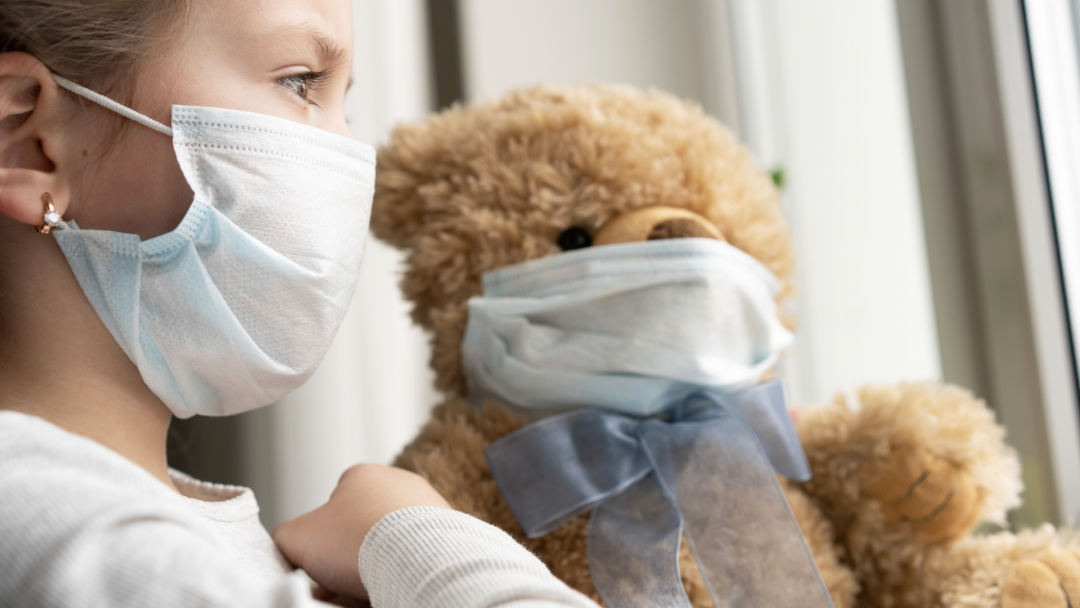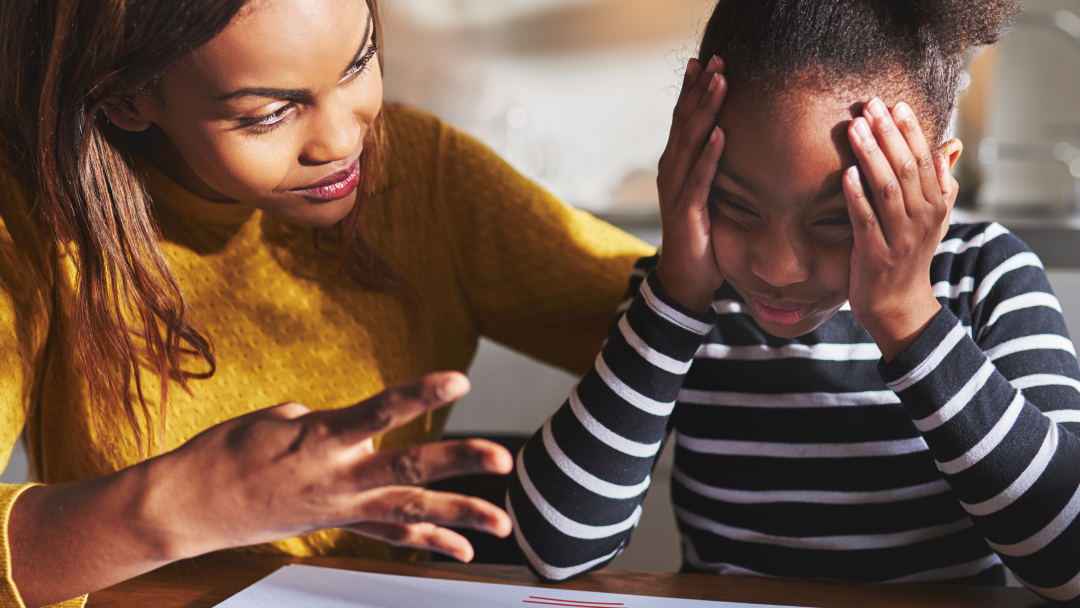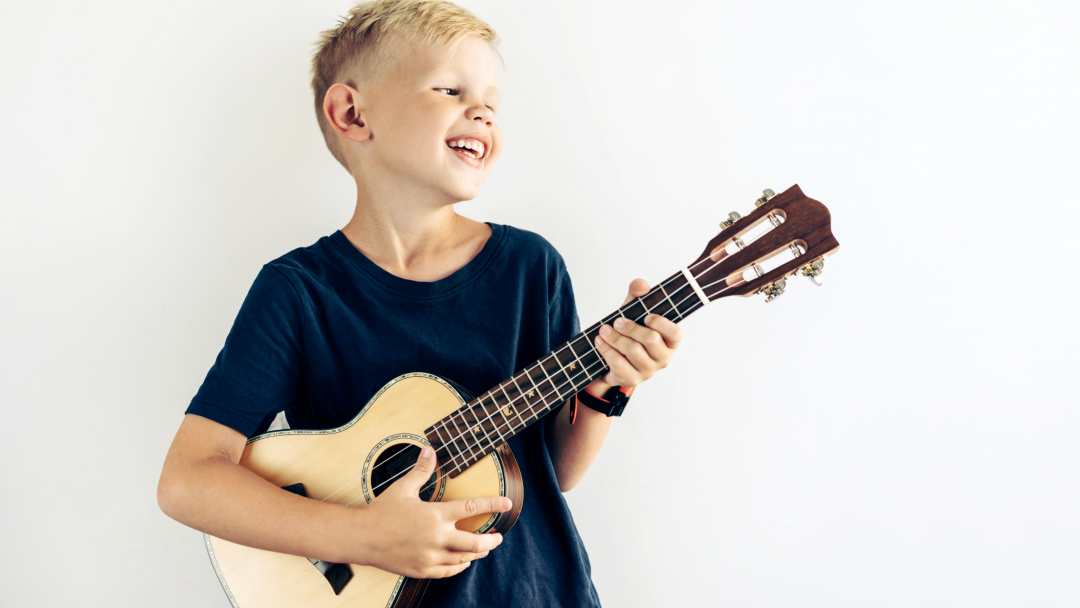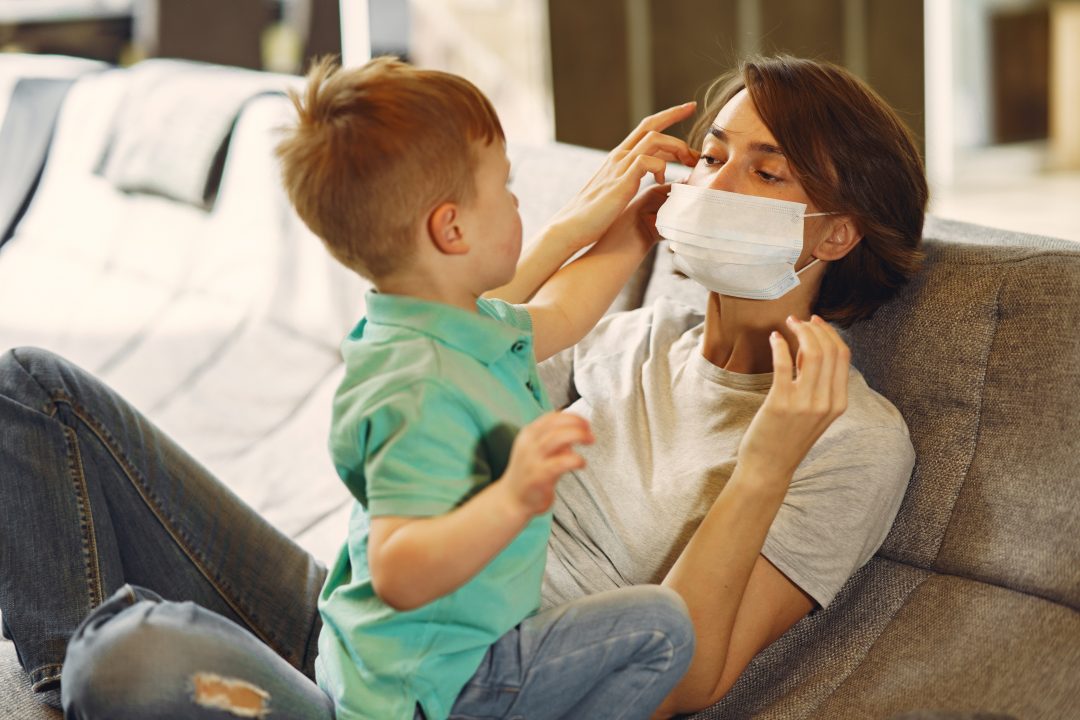4 Tips to help you and your kids cope with ONGOING pandemic conditions
Categories: Covid 19
(5-minute read)
Early last year, coronavirus was a new word to all of us and a pandemic of this scale seemed like something out of a Hollywood blockbuster. Then, when it really began to take hold, we were stressed, uncertain and scared. For a little while, it seemed like life might start to get back to normal. And now? Much of the country is right back into the bad bit. As snap lockdowns, mask-wearing, social distancing protocols and contactless everything become the usual practices for many of us, we’re reframing what ‘normal’ actually is. That doesn’t mean we’re comfortable with it, though.
Even though many of us are now relatively well-versed in navigating lockdowns, work and school at home, the upheaval caused by the continuing pandemic can still be very hard to manage. In some ways, it’s harder now than it was in the beginning. This is confirmed by the data from Monday, August 3, when Lifeline received 3345 calls for support, the highest daily number in the organisation’s history (source). Lots of people are struggling emotionally, financially and logistically. We don’t know when the end will be. Tensions are running higher than ever over topics like vaccination, education, and economic support for affected businesses and individuals. New strains of the virus emerge and new strategies are needed to fight them. We’ve lost too many people we love and others among them are sick, some of them very sick. Conditions and restrictions change constantly and it’s hard to keep up, for us and our little people.
So, how do we cope with the challenges of these ongoing pandemic conditions? Our experts came to the fore with lots of advice when COVID-19 first hit, and those videos are still fantastic if you want a refresher (linked below). But, now that the nature of the beast has changed, we thought we’d share some more general (but highly relevant) advice on how to get yourself and your kids through hard times. Here’s what the PTV experts say:
Tip 1: Learn about anxiety and teach your children what it is
For some of us and some of our kids, the feelings of anxiety that we’re experiencing now are new, and the more laid-back among us might find it worrying how much we worry. It’s hard feeling like your own mind is not a comfortable place to be in, right? So, not only is there anxiety, there’s also anxiety about our anxiety. According to ParentTV Expert and psychologist Dr Jodie Lowinger, one thing that can help is actually learning more about anxiety ourselves and teaching our kids what it is, too. ‘When a child is experiencing anxiety, it can play out in some pretty serious worry thoughts in their mind. Worry is, in effect, bossing them around,’ Dr Lowinger says.
‘So, we need our kids to understand that anxiety is a normal part of being human and it’s not the enemy. It’s an awesome thing, and can be a strength and superpower. This removes that threat around how it feels for them.’
DR JODIE LOWINGER
Part of this is helping kids understand what anxiety feels like to them, Dr Lowinger says. ‘Physiological symptoms of anxiety that your child might report include an increased heart rate, shortness of breath, nausea or a feeling of impending vomiting. If you can help your children connect the dots and get a sense of what’s going on in their body, it can take away the scariness around how anxiety feels, which triggers even more anxiety.’ The aim is to empower ourselves and our kids with knowledge, and give context to the experience in order to normalise it, Dr Lowinger explains. ‘Demystify the anxiety. Tell them that it’s their body trying to protect them because it feels there’s something worrying happening. Help them to get a sense of what the worry thoughts are, and understand that they’re just thoughts and totally normal.’
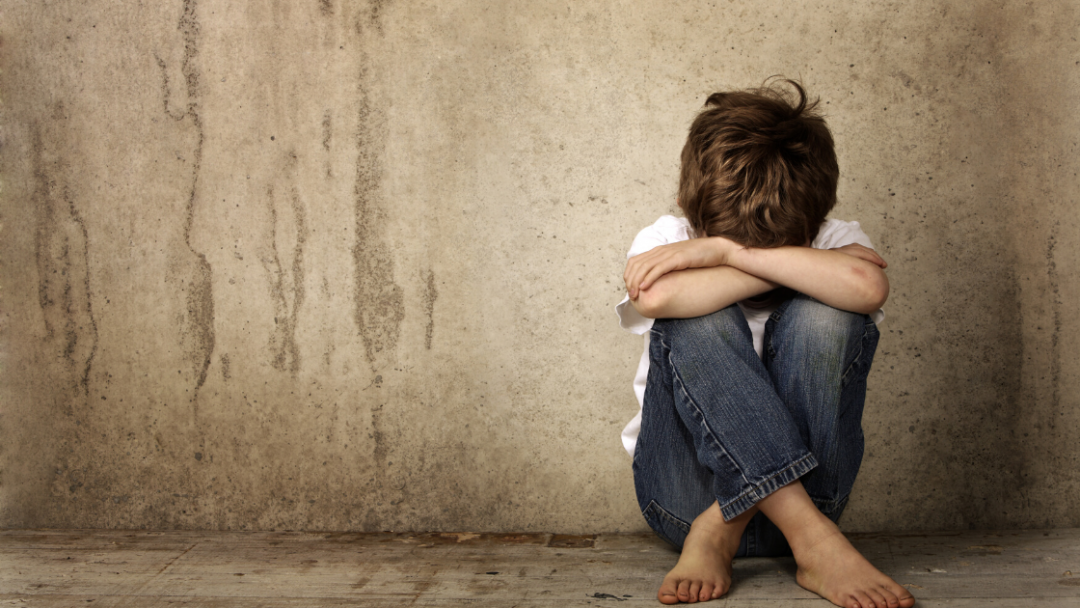
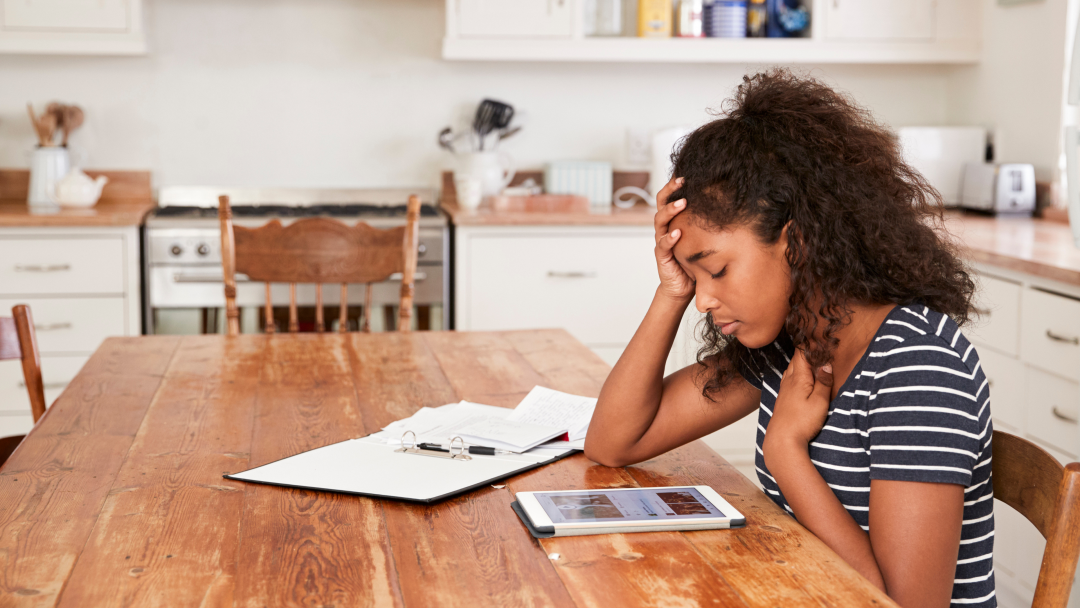
Tip 2: Check in with yourself
ParentTV expert Jason Gibson suggests giving yourself a personal, 3-minute check-up that focuses on four key areas. ‘For the purposes of this exercise, think of yourself as a car, and these four areas as the four tyres on that car,’ Jason says. ‘All it takes is for one tyre to be flat and the vehicle can’t keep moving.’
- Physical. How do you feel physically? Is there anything that needs attention, like tension in your neck that could be alleviated?
- Social. How are your connections with others? This is particularly important when we’re having to isolate, Jason points out, but we still need to find ways to connect with other people and recognise this as a need.
- Cognitive. What thoughts are you having? As a counsellor, Jason is pretty familiar with the ways our thoughts can negatively impact our behaviour when we haven’t even stopped to identify and interrogate them.
- Emotional. What feelings are you having? Even just the process of identifying what the feelings you’re experiencing are can be helpful (as we covered in the Name it to tame it blog last month). Then, when you’ve discovered what feelings they really are, it’s easier to decide what to do.
Ultimately, you’re looking for one thing (or more) you can act on, no matter how small it is, Jason says. ‘Ask yourself how you can put a little air in that tyre so you can move forward, no matter what’s going on around you.’
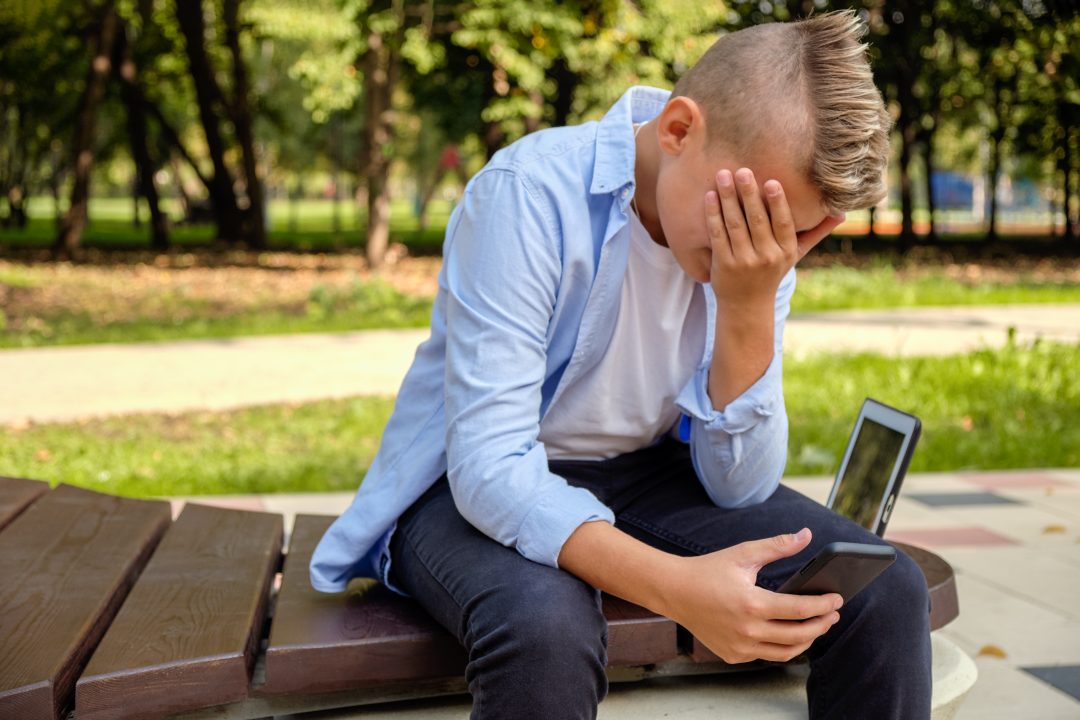
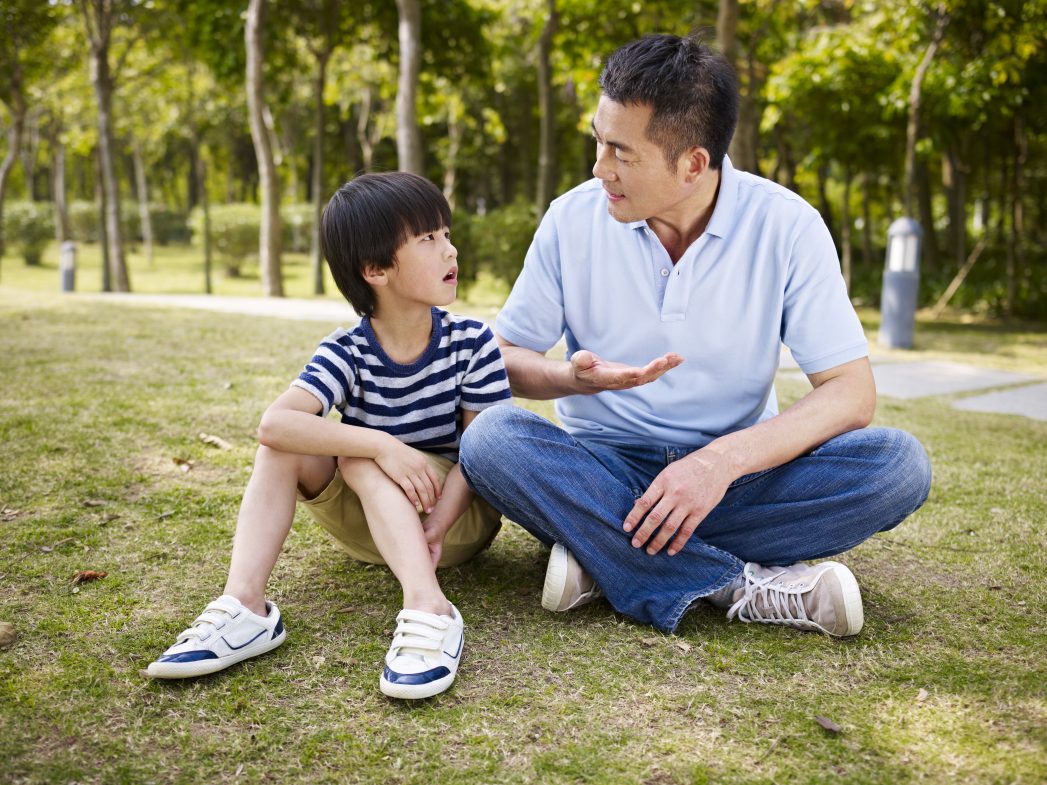
Tip 3: Remind ourselves that this too shall pass
No feeling is final. ParentTV expert Claire Orange is from Zimbabwe, where political unrest was par for the course and hard times were the norm. What she learned was to not fixate on the unrest that was occurring and not spend too much time learning about it. When we do this, Claire explains, it makes the topic of our concern a very big part of our lives, which can cause us to lose perspective. ‘When we’re feeling unsafe, we can become hyper focused on the point of danger,’ she says. ‘When this is happening, we need to remind ourselves that there’s a lot beyond this thing that’s happening around us right now. A lot of world, a lot of people, a lot of hope and a lot of beauty.’ We’re part of a global community of support, says Claire, and there are many compassionate individuals out there who care. While this doesn’t necessarily help us in the moment, it’s a reassuring reminder to keep in our pockets and can actually help us feel more secure in general. It’s also important to keep doing the things that bring us joy whenever we can to crowd out the negativity, says Claire. ‘Fill your life as much as possible with the things you love doing so that there’s less room for the other stuff.’

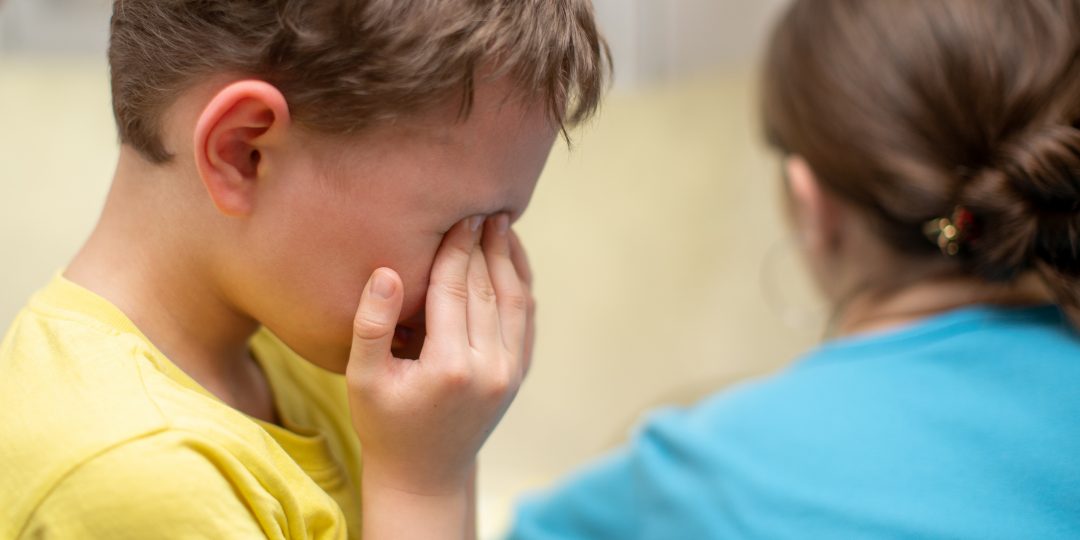
Tip 4: Control the things we can
One really difficult aspect of this stage of the pandemic is that things keep changing. It’s hard to give our kids stability and routine when we don’t always know what the next day or week will bring. As well as the lack of structure and certainty, the conditions of the pandemic can cause big feelings like frustration, helplessness and powerlessness for both us and our kids, regardless of whether we understand or agree with what we’re being asked to do. ‘With change comes emotions. These emotions might be confusing and hard for kids to handle, especially if they can’t control the change that’s happening to them or the emotions that result,’ says Brooke from Kids Helpline. ‘But, there are two aspects of change that kids can control: their thoughts after the emotions and their response to the circumstances.’ Focussing on these parts can help restore our sense of our own agency and power, mitigating some of those feelings of helplessness and vulnerability. Encourage your kids to focus on positive steps they can take to look after themselves and others in their community, too. Altruism and kindness are their own reward, and can genuinely help to alleviate stress. Win-win!
Want to review some of the experts’ advice from the earlier stages of COVID-19? Here are a few gems:
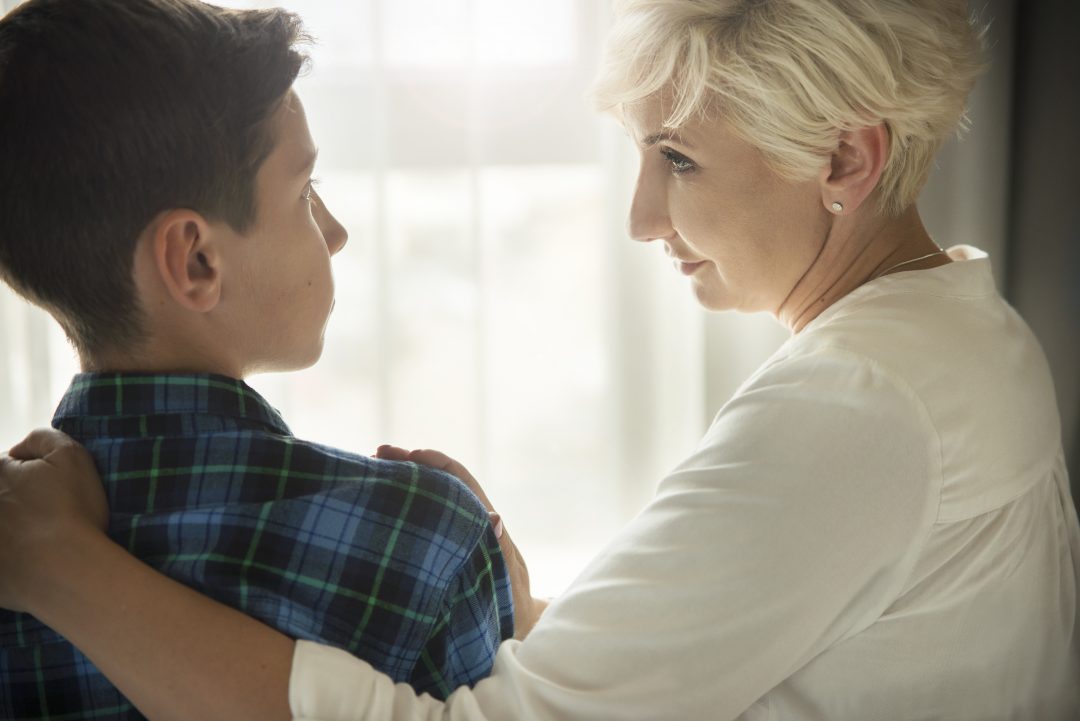
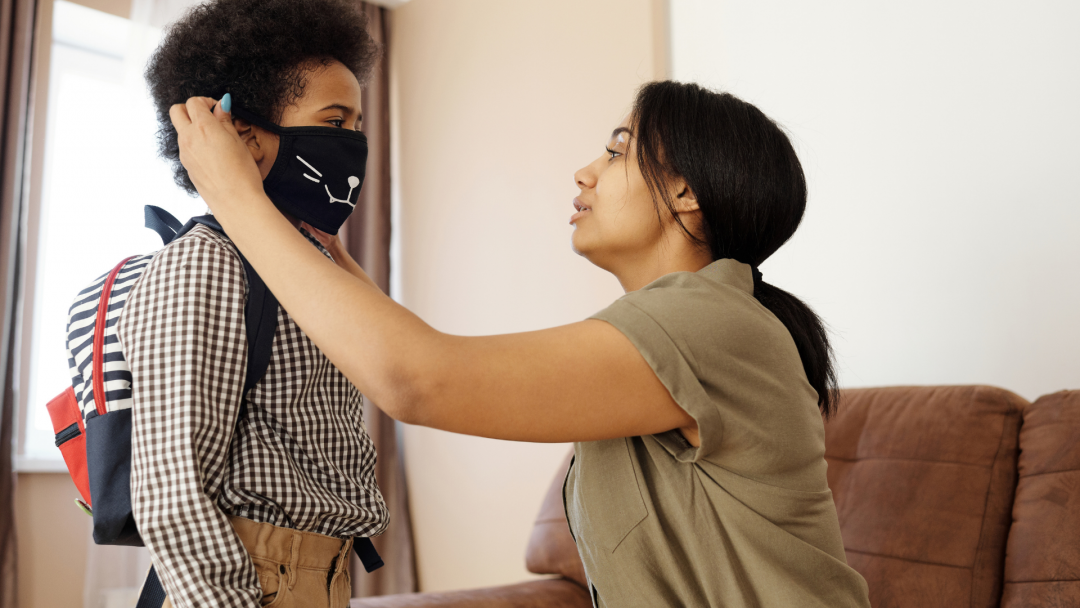
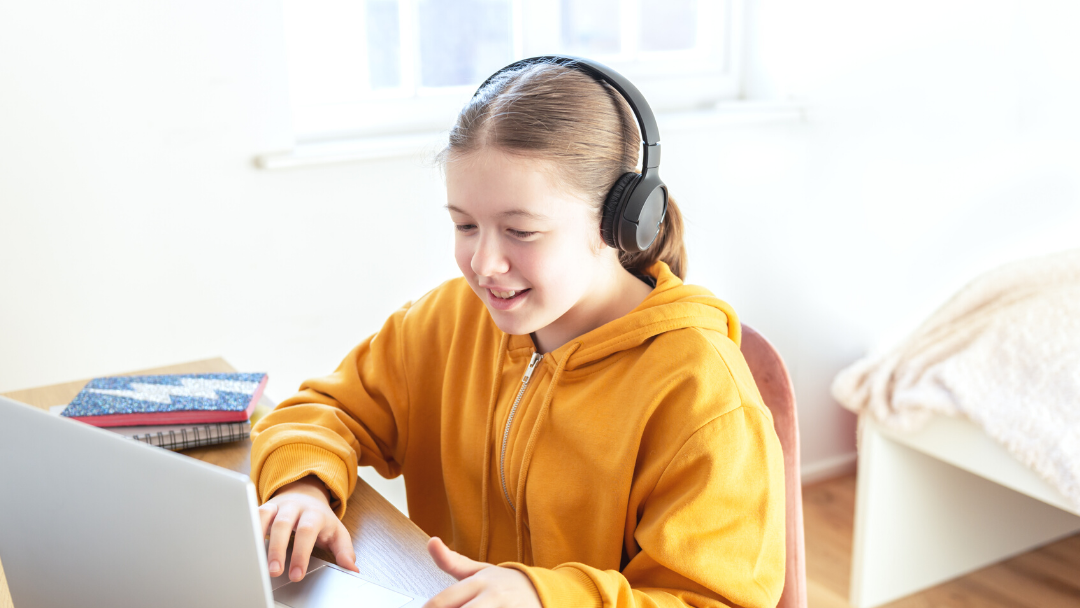
Need more help?
You’re not alone. If you need support, please reach out to Lifeline by calling 13 11 14, 24 hours a day.

